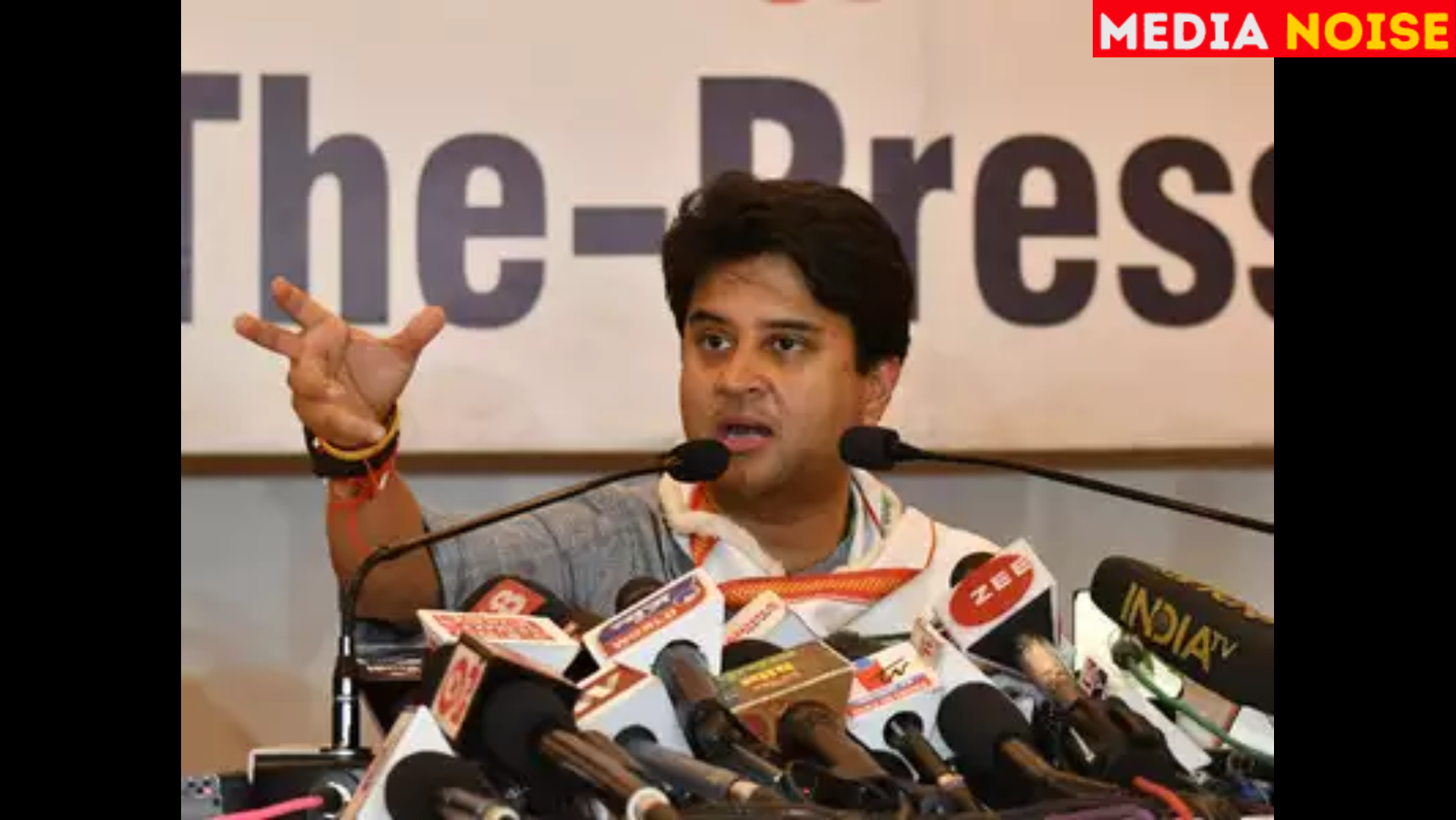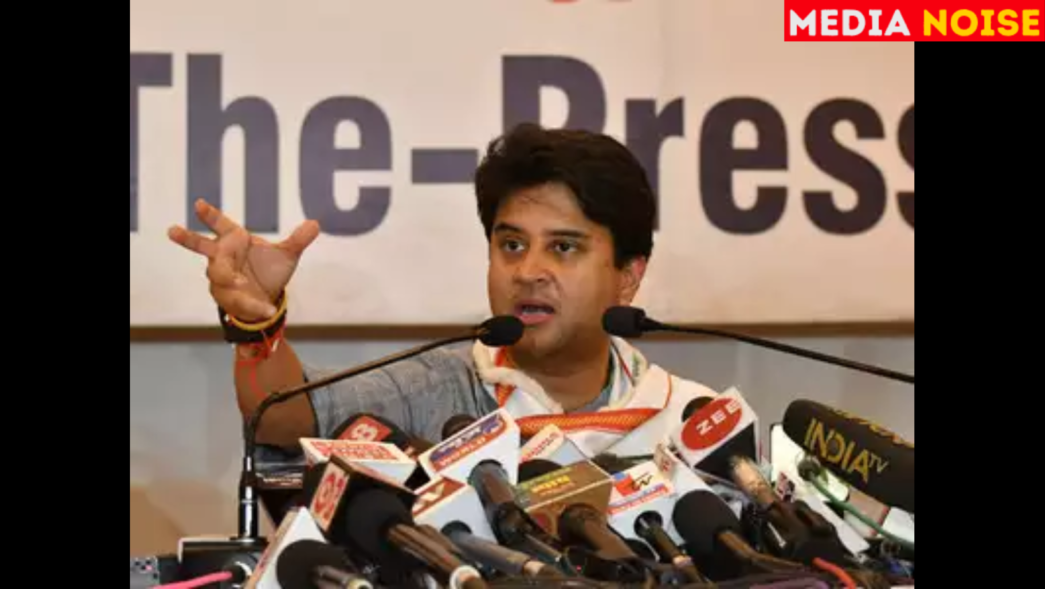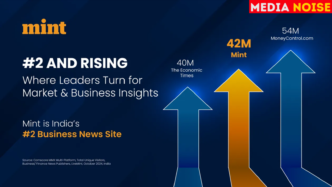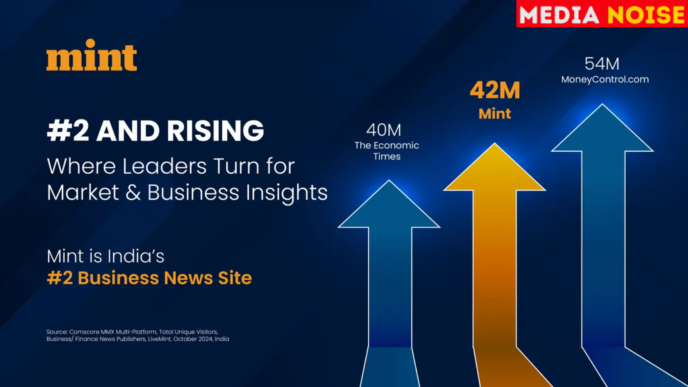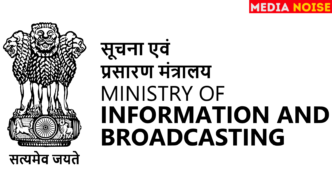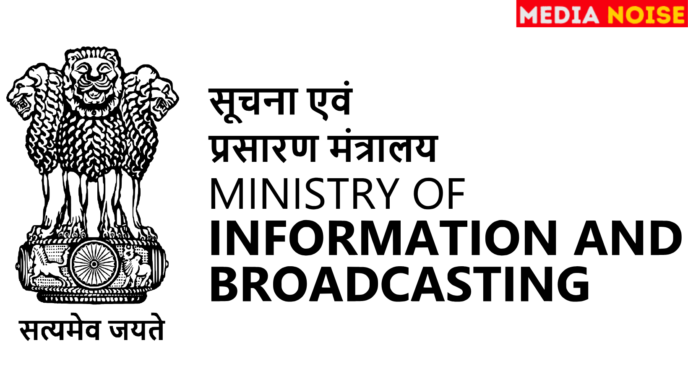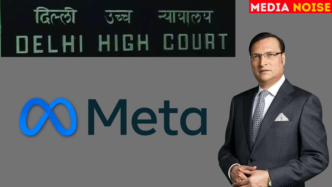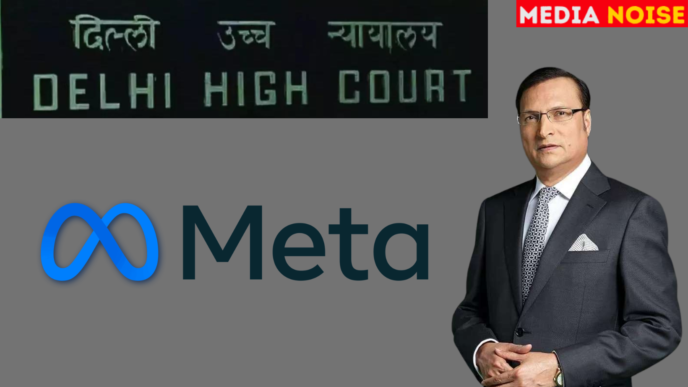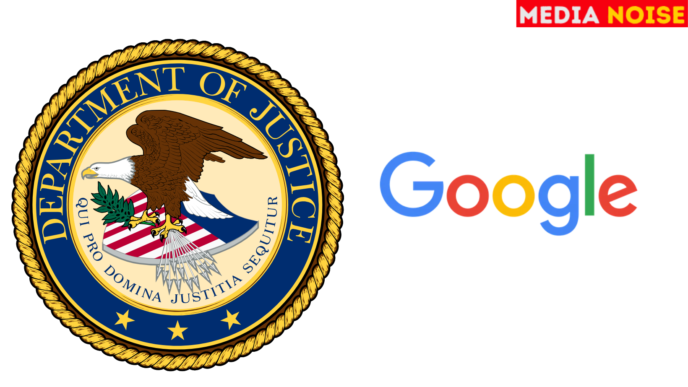New Delhi: Union Minister for Communications, Jyotiraditya Scindia, has clarified that the regulation of Over-The-Top (OTT) platforms is the responsibility of the Ministry of Information and Broadcasting (I&B). This statement comes amid ongoing discussions about the financial obligations of OTT platforms, particularly in relation to telecom service providers (TSPs).
In recent times, there has been significant debate surrounding the financial dynamics between telecom operators and OTT platforms. Telecom companies have raised concerns about the infrastructure costs they incur in delivering content to consumers. They argue that OTT platforms, which rely heavily on telecom networks to reach their users, should contribute to these costs. This has sparked a broader conversation about the sustainability of internet infrastructure and cost-sharing mechanisms.
During a media interaction, Scindia acknowledged these concerns but emphasized that OTT regulation is strictly under the domain of the I&B Ministry. “To be very candid, the regulation of OTT platforms falls under the Ministry of Information and Broadcasting. However, I have six advisory groups, and this issue of cost-sharing has come up as a point of discussion from the telecom service providers’ perspective,” he explained.
The minister’s remarks highlight that while the Ministry of Communications is focused on certain telecom-related issues, the broader framework for OTT platform regulation remains firmly with the I&B Ministry. Scindia’s advisory groups, which consist of experts from various sectors, are actively discussing the concerns raised by telecom operators, particularly regarding the costs associated with delivering content over telecom networks.
ALSO READ: CCPA Imposes Rs 61.6 Lakh Penalty on 19 Coaching Centres for Misleading Ads
The core of the ongoing debate revolves around the infrastructure burden borne by telecom service providers. Telecom operators argue that as more consumers turn to OTT services for entertainment, communication, and other services, their networks are facing increased strain. This has led them to demand that OTT platforms contribute to the costs associated with maintaining and expanding telecom infrastructure.
Critics of this proposal, however, caution against introducing a payment model that could result in unequal treatment of content providers. They warn that such a system could potentially undermine the principles of net neutrality, which ensures that internet service providers treat all data on the internet equally, without discriminating or charging differently by user, content, or website. If implemented, a cost-sharing mechanism could lead to preferential treatment for certain platforms, raising concerns over the democratic nature of the internet.
The issue has gained significant attention as OTT platforms, such as Netflix, Amazon Prime Video, and others, continue to grow in popularity, attracting millions of viewers across India. With the rising consumption of digital content, questions about infrastructure sustainability and fair cost distribution are becoming increasingly important.
Scindia also pointed out that the discussions on cost-sharing are being explored through one of his six advisory groups. These groups, which consist of experts and stakeholders from various industries, are tasked with addressing key concerns related to telecom services, OTT platforms, and digital infrastructure. According to Scindia, this is an important step toward ensuring a balanced approach to resolving the financial issues raised by telecom operators, while also considering the interests of OTT platforms and consumers.
The advisory groups are likely to evaluate the potential impact of cost-sharing models on the broader digital ecosystem, including the regulatory and policy frameworks that govern the telecom and digital content industries.
